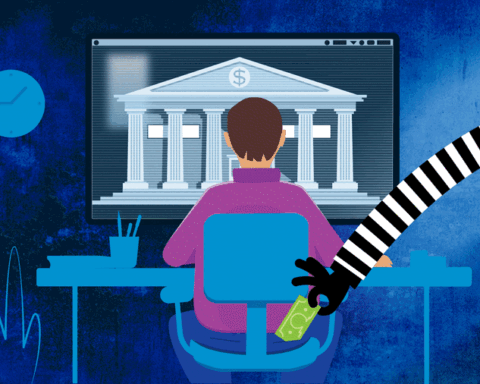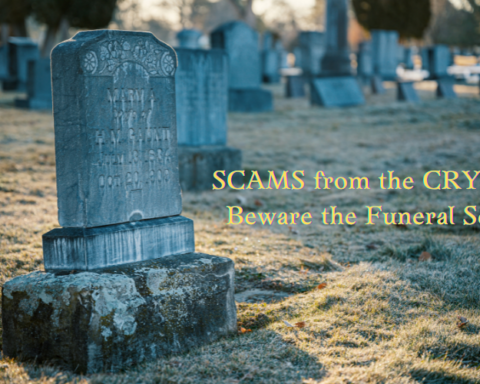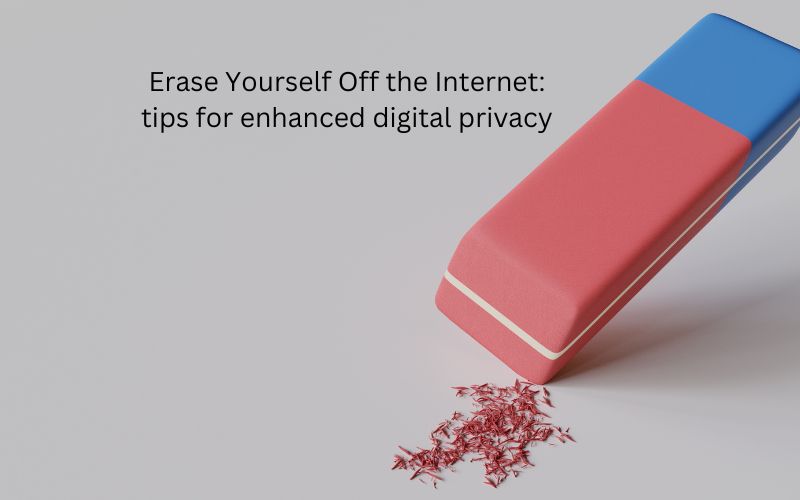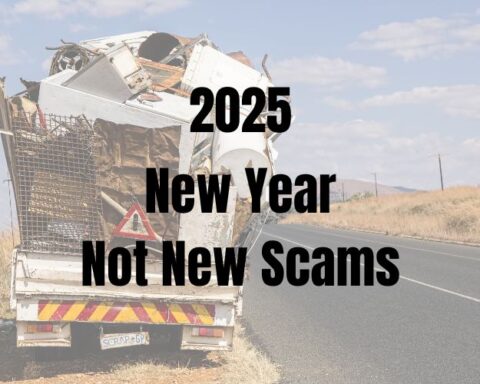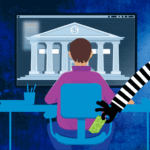Original Post: Aura.com January 6, 2023
How do you know? What makes identity theft so dangerous is that it is often hard to catch it BEFORE it is too late.
Identity theft is the fastest growing crime in America with tens of millions of victims every single year. Even worse, the latest research shows that over 50% of identity theft victims are repeat victims.
Criminals and con artists work in the shadows to steal your personal information, ruin your credit with debts, and take over your online accounts. It’s only when you notice missing money, are contacted by debt collectors, or worse, that you know you’ve become a victim.
Identity theft can strike anyone at any time. And while there are plenty of ways you can make yourself a less-desirable target, there’s no guaranteed way to prevent identity theft.
Instead, the earlier you can spot the warning signs of identity theft, the better chance you’ll have of shutting down scammers before they can do too much damage.
In this guide, we’ll give you a clear checklist of the signs of identity theft to look out for and what to do if you think you’re a victim.
25 Warning Signs of Identity Theft
- Unfamiliar charges on your bank statement
- Strange or unrecognized credit card charges
- New credit cards or loans in your name
- Unexpected calls from debt collectors
- You’re denied credit
- Bounced checks (if you know you have available funds)
- A sudden drop in your credit score
- Hard inquiries on your credit report
- Calls verifying unfamiliar purchases
- Your health insurance benefits limit is maxed out
- Unfamiliar medical bills
- Inaccurate information in your medical files
- Someone stole your income tax refund
- There’s a warrant out for your arrest
- Reported income that’s not yours
- Missing mail
- Your utilities are suddenly shut off
- Your ID is lost or stolen
- Unfamiliar bills or packages arrive at your home
- You can’t sign in to an account
- An account looks different when you log in
- Suspicious login attempts to your social media or other accounts
- Authentication messages for accounts you don’t recognize
- Emails alerting you of a data breach
- You receive a fraud alert
If you notice any of these warning signs of identity theft, your bank account, identity, and reputation could be at risk.
Find more information about what you can do at AARP, Consumer Financial Protection Bureau, NH Department of Justice, Consumer Protection and Anti-Trust Bureau



